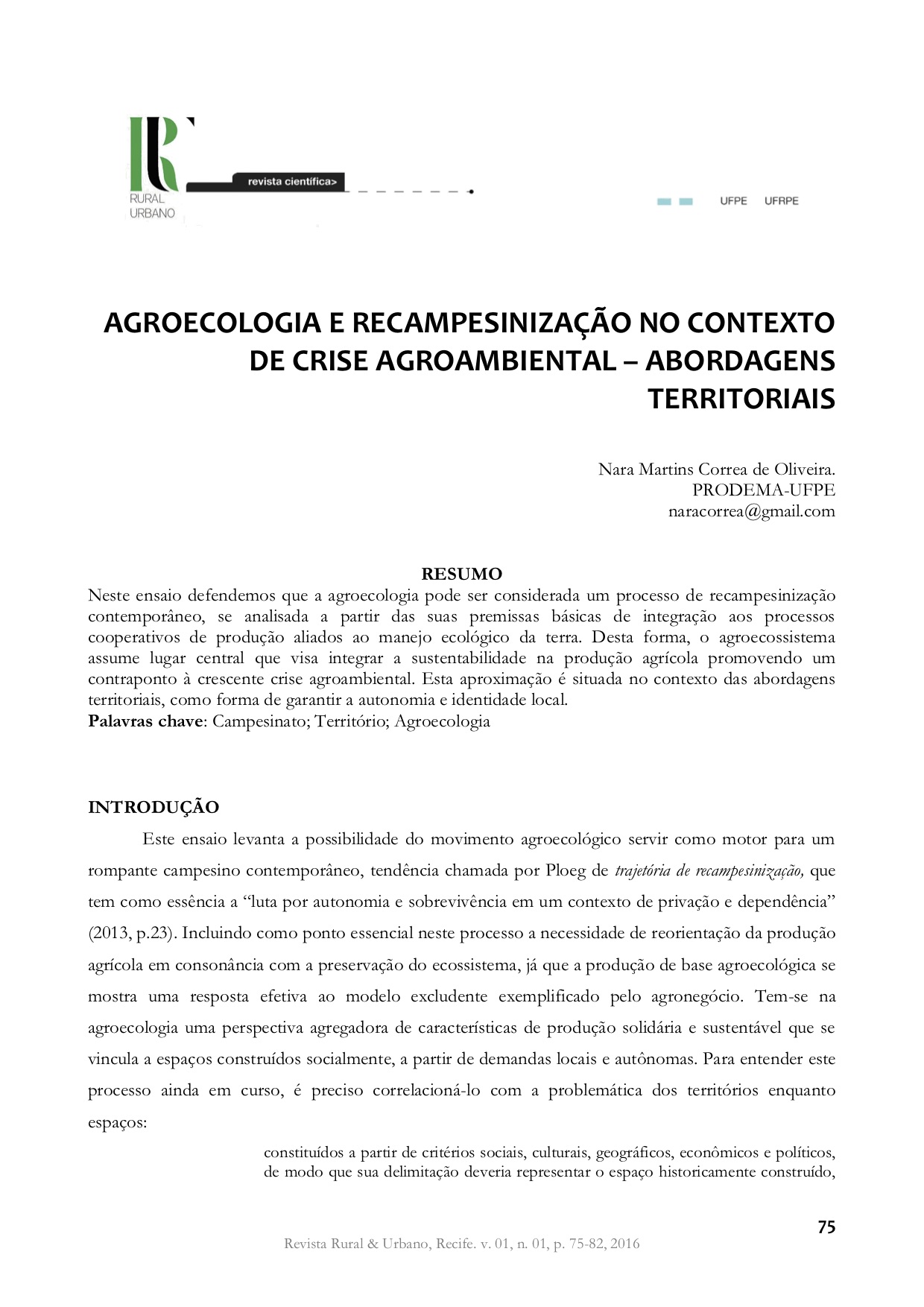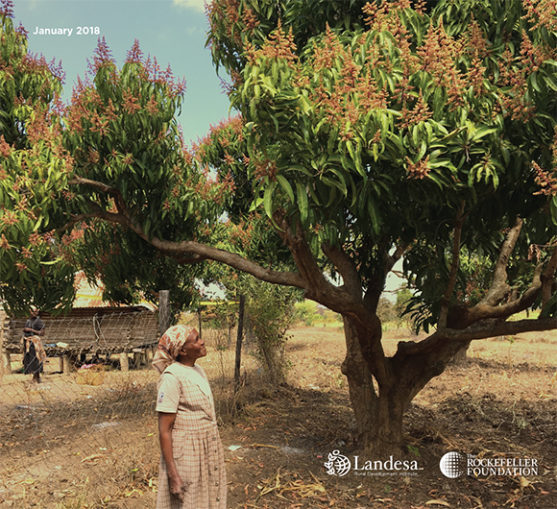Discurso y sujeto en los movimientos campesinos en la costa del Ecuador
Las redes organizativas de los campesinos costeños en algunas zonas de Guayas y Los Ríos fueron muy importantes en la década de 1970 cuando la reivindicación principal era la tierra. Esto cambió después de 1980 con la existencia de otras demandas campesinas que no pudieron ser resueltas por las organizaciones. Sin embargo desde 1990 se observa la aparición de organizaciones de segundo grado articuladas por la Iglesia Popular que se sustentan en las comunidades eclesiales de base cuya acción busca la satisfacción de múltiples demandas de los pequeños productores rurales.





